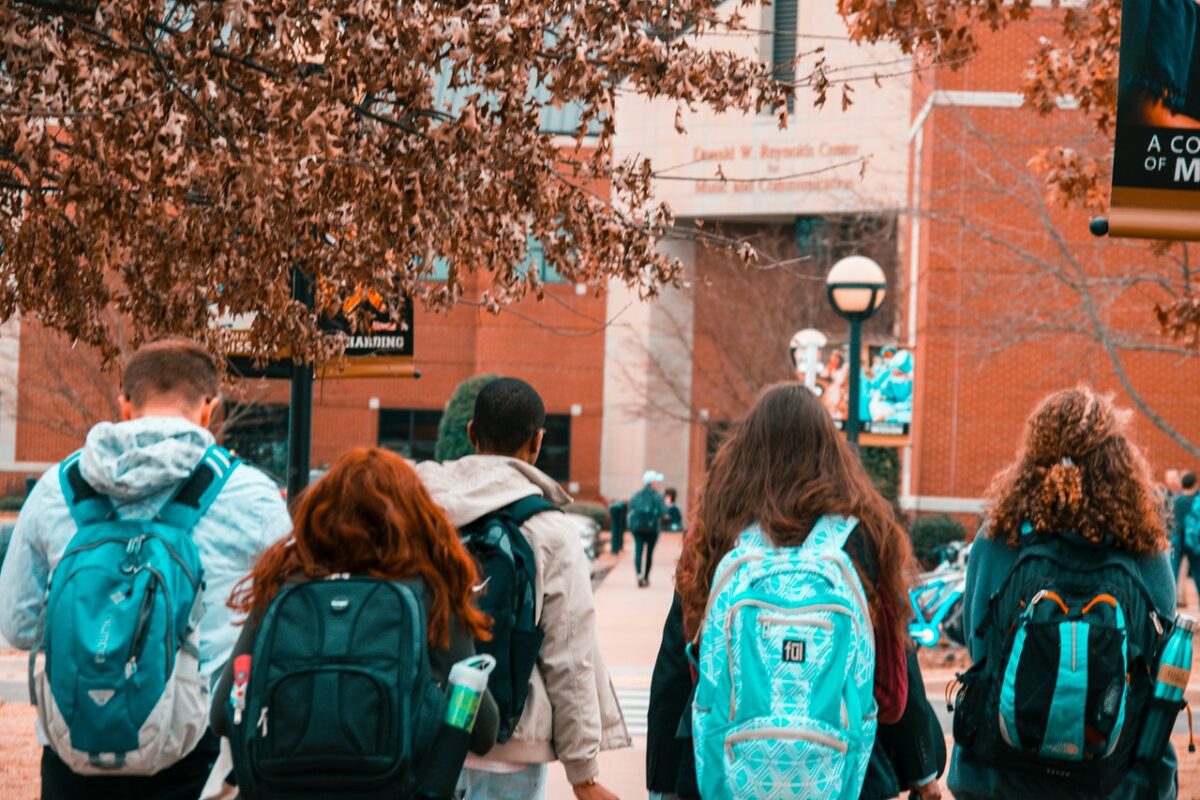Children in poverty missing out on fun events and special occasions at school, new report finds

Children from poorer families are unable to make the most of school life and take part in special activities and events due to cost, a new report from Child Poverty Action Group and Children North East has found.
The report, The Cost of Having Fun at School, is based on extensive research with over 8,000 pupils in 32 schools across England, Scotland and Wales.
It found that many children and young people could not take part in special occasions such as dress-up days and non-uniform days because of associated costs, causing them to feel embarrassed and left out. Teachers reported pupils missing school on these days to avoid the social pressures.
Fundraising and charity days were also a problem for pupils and families, with requests for donations contributing to financial worries.
Other fun activities, such as school fayres and book sales, highlighted differences between pupils from lower-income backgrounds and their peers. Many children did not have enough money to attend and enjoy these activities, and described feeling different and left behind.
In some schools, expensive leavers’ celebrations were also a big challenge for parents, with residential trips and school proms often having a significant cost.
Pupils who spoke to the charities said:
“There is nothing for free. If you can’t pay for special occasions, you can’t go.” (Pupil, age 6)
“Some people cried because they didn’t get one. They just sat there looking at the cakes. They looked sad.” (Pupil, age 10)
“If you don’t pay on mufti, you have to change into spare uniform.” (Pupil, age 11)
“They talk behind your back [about what you wear] and stand staring at you.” (Pupil, age 12)
“Some people are buying accessories, rubbers, posters, bookmarks, rulers… and some people can’t buy anything [at the book fair]. They can read a book but they can’t keep it.” (Pupil, age 11)
“School don’t think… how much it [prom] costs. It could be what someone earns in a week.” (Pupil, age 16)
Parents said:
“I feel quite stressed and anxious with the constant letters we have from school in the build-up to Christmas.” (Parent)
“There is little awareness of what it’s like to live on a very tight income.” (Parent)
“It’s the Christmas party, Christmas concert costumes, tickets for Christmas concerts, Christmas fete, raffles, teachers’ presents, donations to hampers, Christmas jumper day… the list goes on!” (Parent)
“They put up a message on Facebook page suggesting kids wear Christmas clothes for the play and although they stated we shouldn’t go out and buy how can I tell my children I can’t afford it?” (Parent)
“Sometimes it feels like quite a lot of money is being asked for. I can’t do it if it’s lots of times. We have to pay for more important things first.” (Parent)
Kate Anstey, UK Cost of the School Day Lead at CPAG, said:
“Fun events and special occasions are often children’s favourite part of the school year. But our research shows that for too many pupils, these activities are actually a source of anxiety and make them feel left out because they don’t have enough money to take part. We know that school communities want what’s best for children – that should include being able to access all the wonderful things that school has to offer. It’s time we worked together to remove the cost barriers in school so that all pupils are able to join in the fun.”
Luke Bramhall, Head of Youth Services and Poverty Proofing at Children North East, added:
“Through our research we have heard from lots of children and young people about all the fun events that are marked across the school year. However, many of these young people have told us of the financial challenges that these events can bring, and the stigma associated, with not being able to take part as a result. This report can help schools to think about different ways of marking these occasions, so that all children are able to participate in these experiences.”
Child Poverty Action Group and Children North East are urging schools and parent bodies to prioritise inclusion and affordability in their fun events, so that all children can take part. They are also encouraging charities who fundraise in schools to consider the challenges this presents for low-income families and develop activities that all pupils can participate in, with any requests for donations kept secondary and discreet.
The report highlights many examples of good practice from poverty-aware schools that are committed to supporting struggling families. Practices such as making donations anonymous, putting on free events and limiting dress-up days allow schools to reduce the cost pressures on families.











Responses